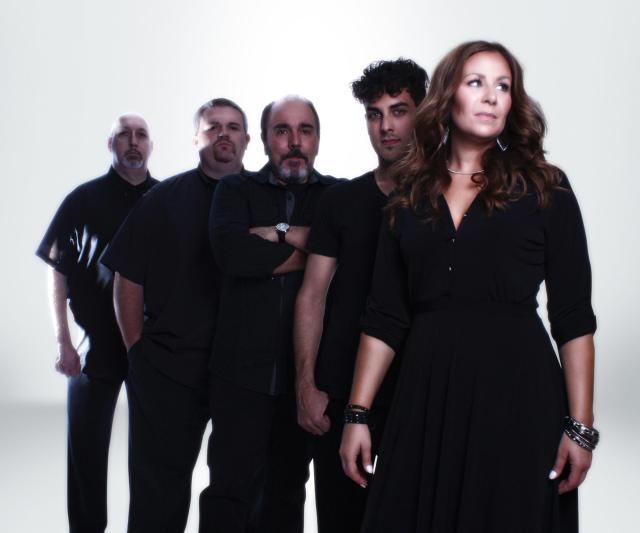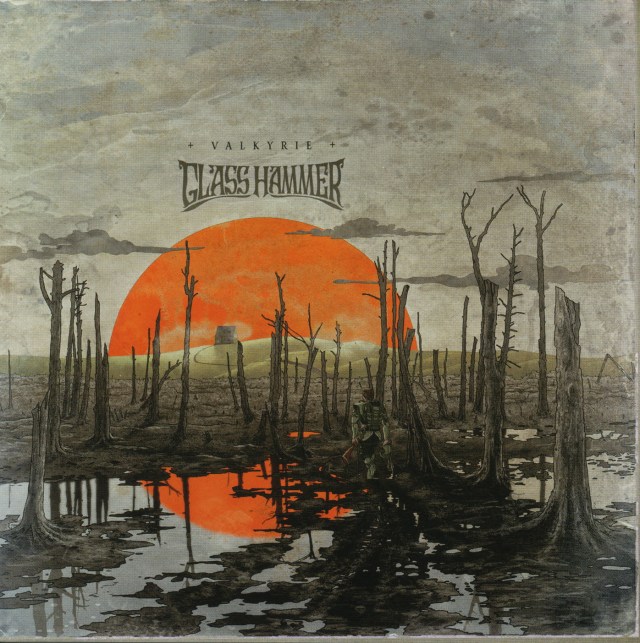
Do you long for the days when listening to FM rock radio meant hearing classic Todd Rundgren, early Chicago, ELO, ELP, Pink Floyd, and maybe a little Autobahn courtesy of Kraftwerk? Do you miss watching Rockford Files and Barney Miller on TV? If so, then you will love Glass Hammer’s new album, Chronomonaut. It is a trip back in time to those heady days of the 1970s when DJs thought nothing of playing an entire album side in the middle of an afternoon.
Brad Birzer has already written an impossible-to-improve-upon review of Glass Hammer’s latest, but I am so captivated by this album that I had to add my voice to the chorus of praise it is garnering. While Valkyrie was a beautiful and sympathetic examination of the horrors of WWI trench warfare and the toll it took on soldiers, Chronomonaut is a much lighter affair, at least in its brilliant mix of styles of music. Tongues are firmly in cheek throughout this update on the hapless protagonist, Tom Timely, whom we first met in 2000’s Chronometree.
Tom’s still convinced he’s receiving secret messages via prog music, and he is not a happy inhabitant of the 2010s. He is sure that he can travel back in time to the 1970s and fix whatever it was that made his life go off the rails. Where Chronometree was pretty much all in fun, though, this new chapter has some deeper messages lurking beneath the surface.
The music is all over the place, and I mean that in a good way. I hear snatches of early Chicago in the horns, some Houses of the Holy – era Led Zep, some early-80s new waviness, and a heavy dollop of Something/Anything? – era Todd Rundgren. Babb and Schendel put it all in a blender and it comes out sounding pretty glorious. Susie Bogdanowicz is still on board, thankfully, contributing her trademark angelic vocals. Aaron Raulston is solid as a rock throughout. He is the most adaptable drummer I’ve heard – regardless of the musical style, his percussion is a perfect fit. Steve Babb is now my favorite bassist – he is endlessly inventive and melodic without dominating the proceedings. And of course, Fred Schendel is marvelous on guitar and keyboards, pulling all kinds of vintage sounds out of his instrumental arsenal.
In the end though, amidst the sheer pleasure of listening to all of this ear candy, there is a sobering message: nostalgia for its own sake can be dangerous. As they sing in the album’s final and finest song, “Fade Away”,
“If you could truly travel back
You’d still not find the things you lack.
The glories you seem to recall
Were not glory after all.”
Tom, it turns out, is searching for Truth, and in the end he finds it. It’s a deeply moving moment in the arc of the album’s trajectory. There are not many bands who could pull off such a mix of engaging melodies with such a serious message. Glass Hammer, however, are not your typical band. They make it look easy, which is all the more impressive. Long may they run!










